Introduction
With organizations thinking about revamping their strategies to stay competitive, the future begins now with the key takeaways from HR Tech. Leaders are utilizing multiple business-critical priorities and recovering from the impact of COVID-19. These actions are set against a commercial environment and ongoing market volatility.
HR tech is a game-changer and will transform the entire industry culture and its way of operating. With HR’s ability to align the processes, offer valuable insights, and create a productive work environment for employees. HR technology is revolutionizing the entire industry ecosystem. Additionally, the growth of HR technology worldwide will drive growth in various industries.
Read HR Tech Blog: Top 10 Tips On How AI Will Build A New Era Of Employee Experience Platforms
Key Takeaways from HRTech: Unlocking the Future
Over the past few years, the HR technology landscape has expanded significantly. The HR technology sector now plays a crucial role in organizations owing to technological improvements and growing business expectations to maintain efficient HR processes. However, advanced HR technology trends bring a wider range of HR-related issues, including the new hybrid work environment and the use of AI and deep learning. There are key takeaways from HRTech, which will undoubtedly be the future, such as:
#1. Automation and Efficiency
The adoption of HR technology has surged exponentially in recent years. Furthermore, the trend towards HR technology and automation is expected to continue, with businesses increasingly adopting these solutions to manage a wider range of tasks and streamline their HR operations. This article will explore the purpose of HR technology and automation, how it functions, and the advantages it offers to Human Resources Departments. Additionally, it will provide real-world examples of how HR technology and automation are being implemented.
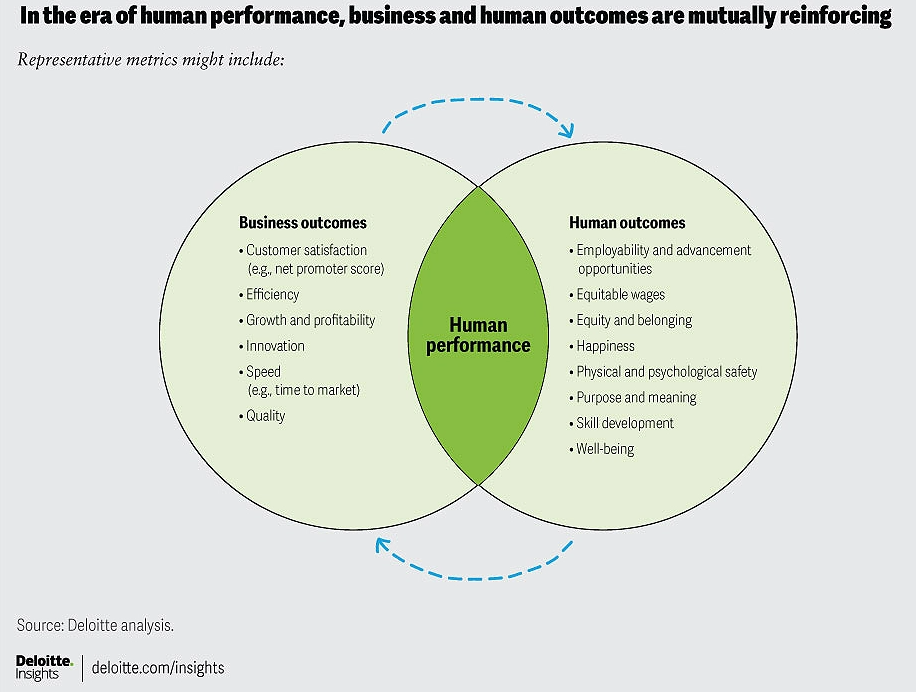
#2. Enhanced Employee Experience
HRtech has surfaced like fire in the world. It is an automated process and has become a big plus for HR by making multiple processes smooth. HR automation helps in various processes, such as onboarding, performance management, and employee benefits, by making it easier for employees to make their lives easier. Employees can sign up for benefits through a portal without interacting with HR. It directly connects the employee through a digital resource to assist them in selecting the right option.
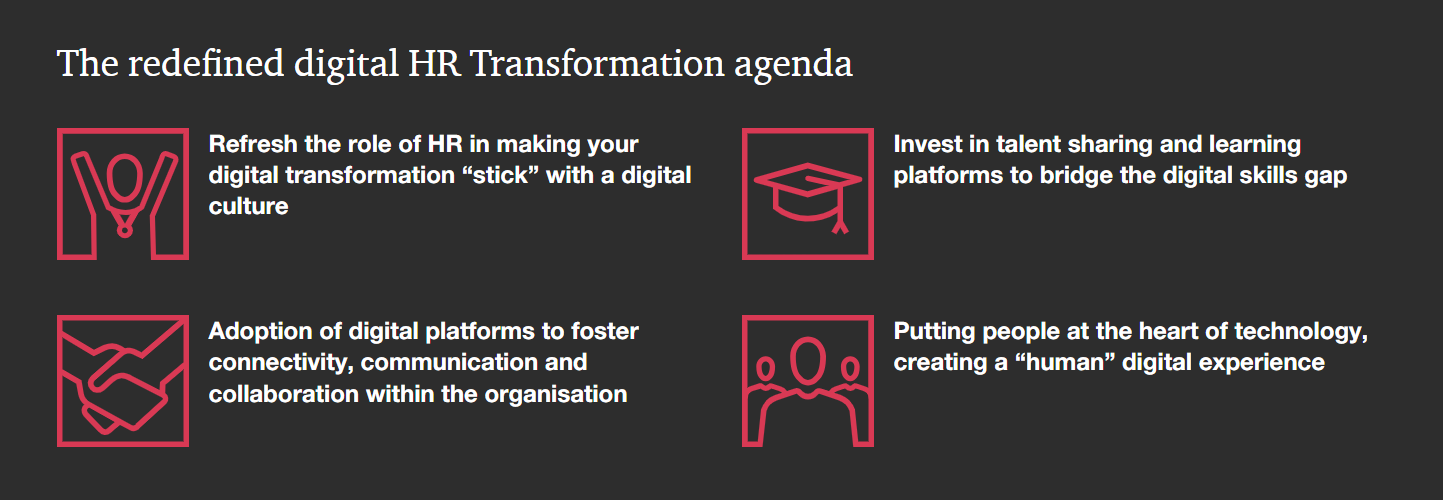
#3. Data-driven Decision Making
Relying only on intuition to make organizational decisions can be a restraint for the organization. By utilizing the power of data, organizations can make evidence-based decisions that drive customer satisfaction and employee engagement.
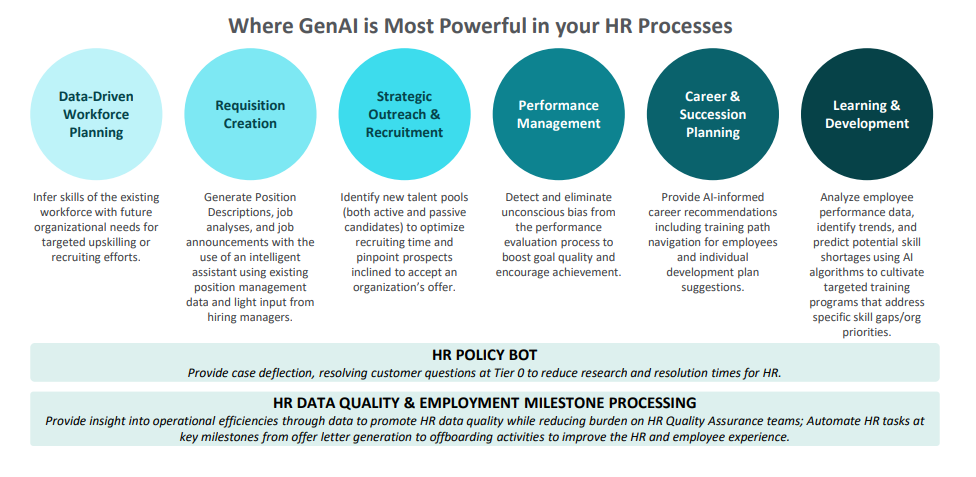
#4. Talent Acquisition and Management
HRTech streamlines the entire recruiting process, from job postings to screening candidates and onboarding. Adopting technology in the HR industry will assist organizations in shortlisting high-potential employees, tracking their performance, and offering targeted development opportunities.
Read HR Tech Blog: HRTech to Be the Outlook of Businesses in the Future
#5. AI and ML
Artificial Intelligence (AI) and Machine Learning (ML) are two aspects of HR technology that is not just a guest but, a permanent leader in every industry. AI is becoming an increasingly crucial part of HRTech, owing to the applications in various areas such as candidate onboarding, evaluation, and employee engagement. Whereas ML assists in analyzing large datasets to understand trends and patterns, allowing HR departments to make data-driven decisions.
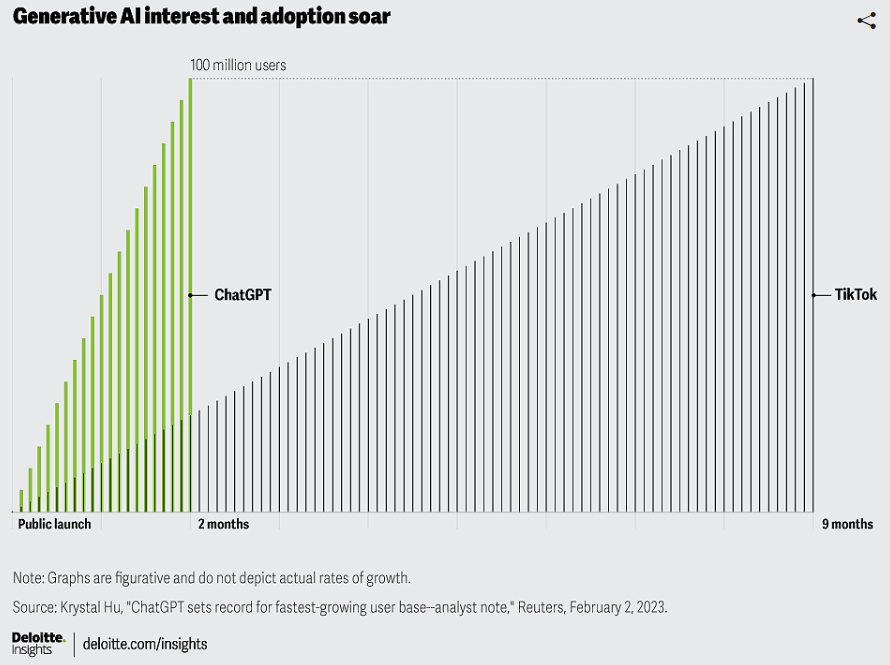
#6. Cloud-based HR Solutions
Cloud-based HR systems, or HR software-as-a-service (SaaS), are online tools hosted by external providers. Employees and managers can access these systems through a web browser or mobile app. Businesses can subscribe to these services at a recurring cost, often billed monthly or annually. These systems automate various HR tasks, including payroll, onboarding, recruitment, compliance, etc. They also offer analytics and reporting features to help businesses track employee performance and productivity.
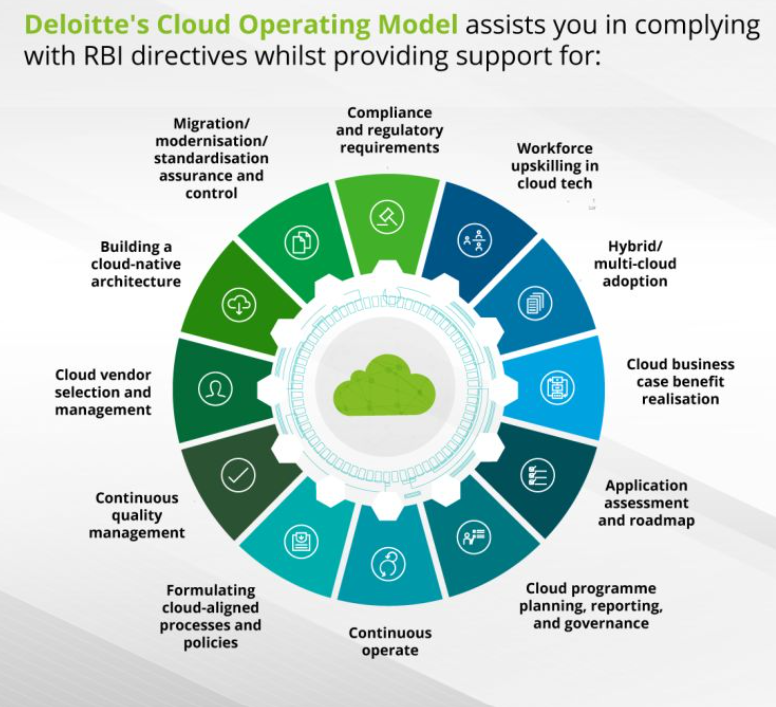
#7. Mobile HR
The availability of HR tools and applications on mobile devices has proven to be efficient. Employees can easily access all HR-related information and services, log in, apply for leave, or check their performance ratings. Mobile also offers real-time communication and collaboration with colleagues and HRs.
#8. Gamification
Gamification is one major factor that turned out to be a major takeaway from HRTech and will forever last. Gamification can make HR processes more enjoyable. It also ensures that the candidates experience self-development, feel valued, and are compensated well.
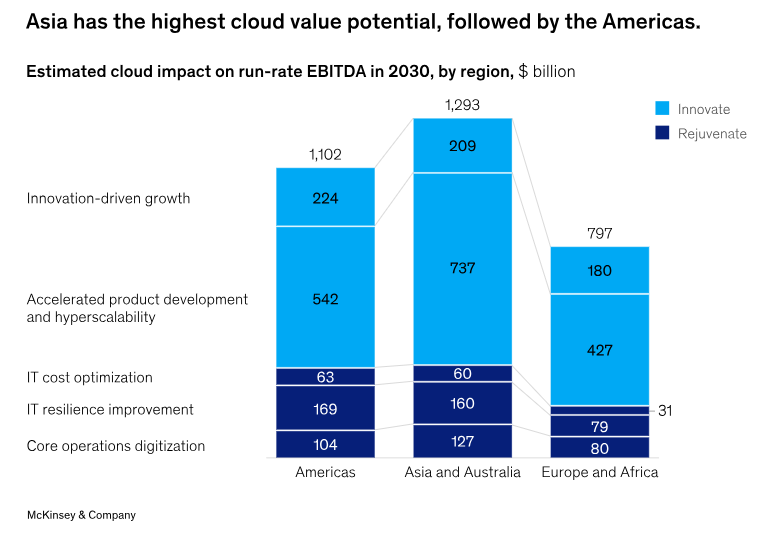
#9. Compliance and Risk Management
Companies that hire international employees must adhere to the specific labor laws of each country they operate in. These laws cover notice periods, employee rights, time off, termination procedures, and taxation. Due to frequent changes in regulations, managing global HR policies while ensuring legal compliance is a complex task. HR professionals must stay informed about these updates to avoid penalties, legal issues, and damage to their company’s reputation.
#10. Integration of Systems
HRTech integrates other systems to offer efficient outcomes. It operates systems such as payroll, performance management, time, attendance, and leave management. Additionally, integration with systems helps ensure accuracy and data integrity across different systems.
Read HR Tech Blog: 10 HR Trends To Adapt In Business To Gain Traction
Technology Is The Future
Businesses continue to become digital, HR departments are adopting new technologies to ensure easy HR processes for their employees and employers. Employers must also prioritize data security when adopting HR technology and automation. This involves implementing robust safeguards to prevent unauthorized access to employees’ private information. By strengthening their security measures, companies can mitigate risks and create a trustworthy environment where employees’ data is protected. HRTech consistently makes organizations operate efficiently and utilize time in other ways. Technology in HR has transformed the entire HR system, making it smoother and more reliable. By adopting technology, HRs focus on enhancing employee experience and driving business success.
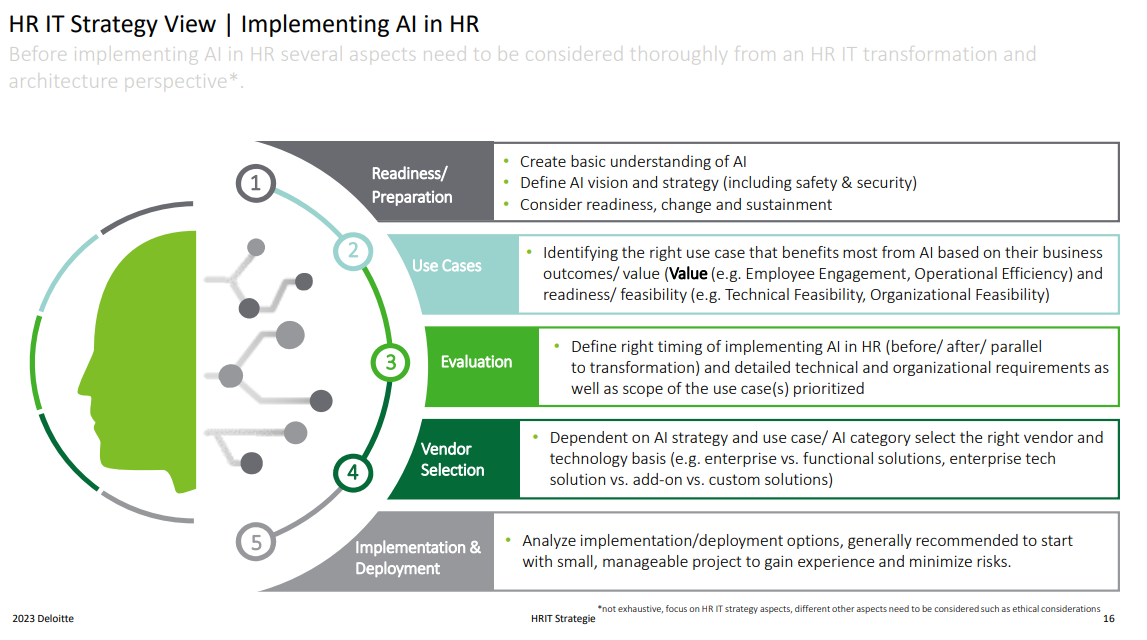
HRtech provides a secured and anytime accessible platform to store employee information such as their joining details, personal information, performance reviews, benefits enrollment details, disciplinary actions, payroll records, and more. The employer also needs to secure employee information on other fronts as a part of data management systems. Employers must prioritize data security when adopting HR technology and automation. This involves implementing robust safeguards to prevent unauthorized access to employees’ private information. By strengthening their security measures, companies can mitigate risks and create a trustworthy environment where employees’ data is protected.
To share your insights, please write to us at news@intentamplify.com



